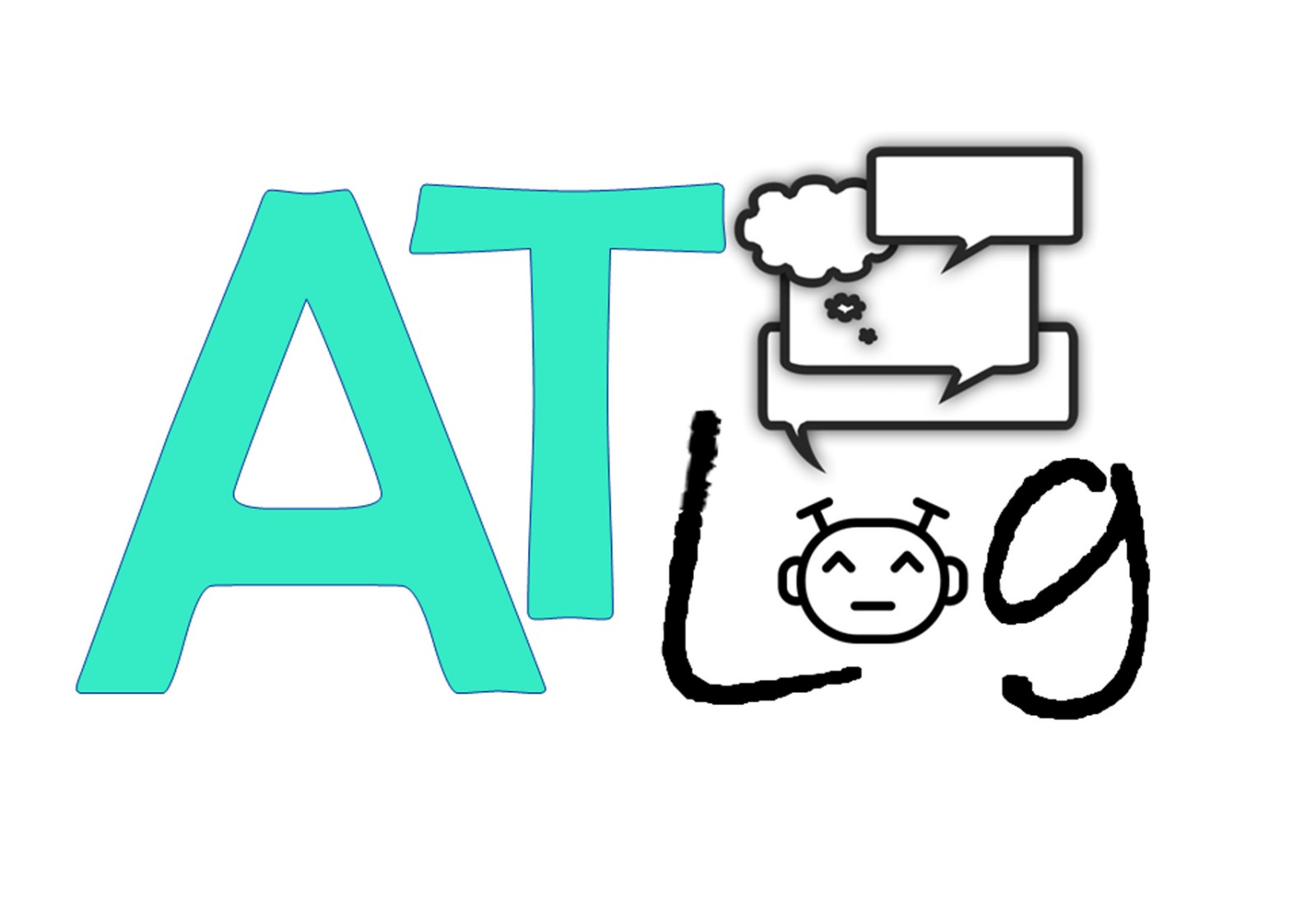Expected results
As a result of the implementation of the scientific research on the project, new knowledge will be acquired in the field of technical and social sciences. The implementation of the activities set out in the work packages will lead to summary, analysis and promotion of the global experience and the experience of the members of the team on the subject, and the tasks set out in WP5 will allow scientists, for the first time in Bulgaria, to examine how structured game scenarios influence the virtual and mixed reality in children and adolescents with different CD for perception and cognition through action and experience in a protected environment. The activities in WP3 and WP4 will allow improvement of the functionality of the robotic technologies used so far and experimentation with new ones. The activities in WP6 and WP7 will allow research of approaches to creation of a Methodology and a Pilot Platform for integration of AT for speech therapy with an ergonomic model for its use. If successful results of these activities are observed, the team will offer a globally significant scientific achievement for the benefit of speech therapists - independently to combine AT and design game scenarios to improve communication skills and social adaptability of children and adolescents. In addition, a new prototype of a low-cost socially assistive robot will be developed for the needs of speech therapy. Another expected innovation is generation of human-like speech in the Platform via a generative pre-trained transformer (GPT), which will allow development of the functionality of assistive robots to understand, generate and speak text. New methods for quantitative assessment of the behaviour of children and adolescents with CD in physical and virtual space will be developed. It is expected that the development of the Methodology and protocols for scientific experimental research, instructions and informed consent to it, prepared by the project team and reviewed and approved by the Ethical Commission of SWU, can be used in the future as a methodology for design of robotic and virtual structured game scenarios in speech therapy.
The project is large-scale and extremely multidisciplinary, which leads to a very high potential for scientific development of the team, and the experimental research with the innovative technologies planned for purchase will lead to an increase in the qualifications of the team members. The scientific achievements of the team in thematic areas will be further developed in an innovative way through research on new types of socially assistive robots, virtual and mixed reality, new technologies for quantitative assessment of non-verbal social cues and the use of large-scale models for NLP. The digital competences of speech therapy students and teachers to design speech therapy scenarios and to quantitatively evaluate therapy efficacy will be enhanced.



